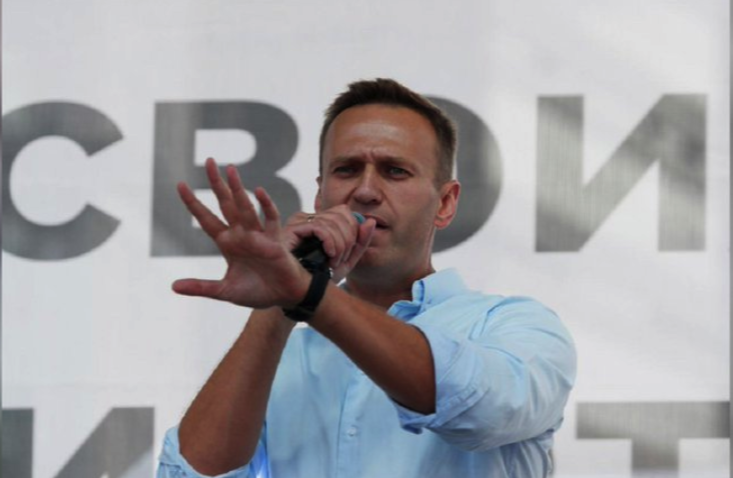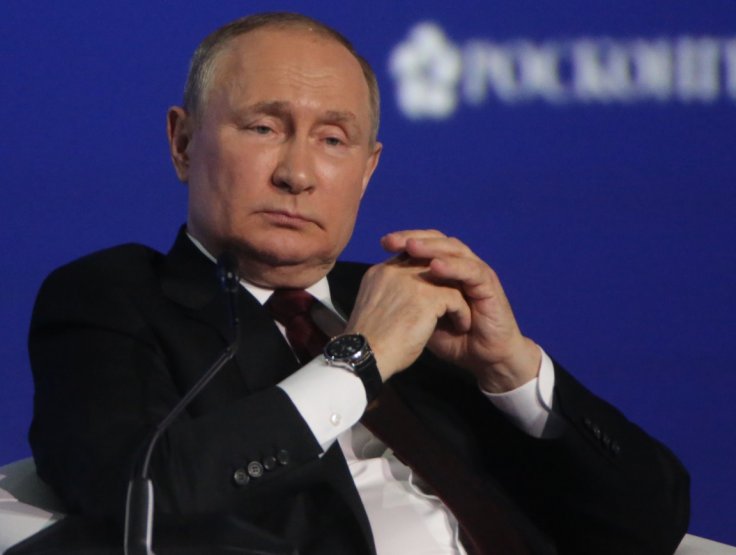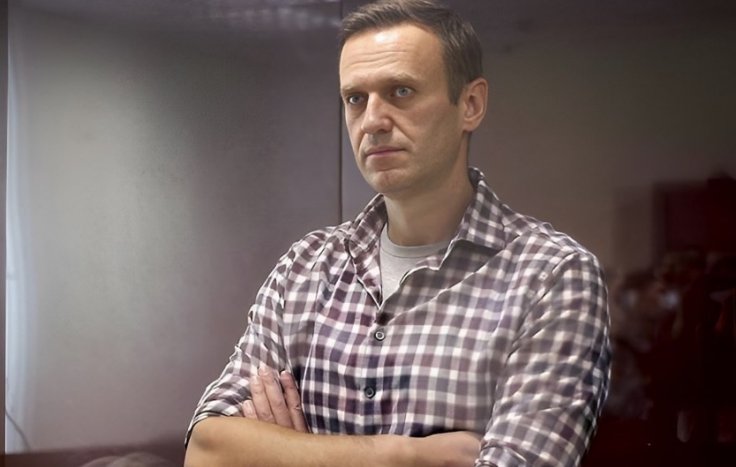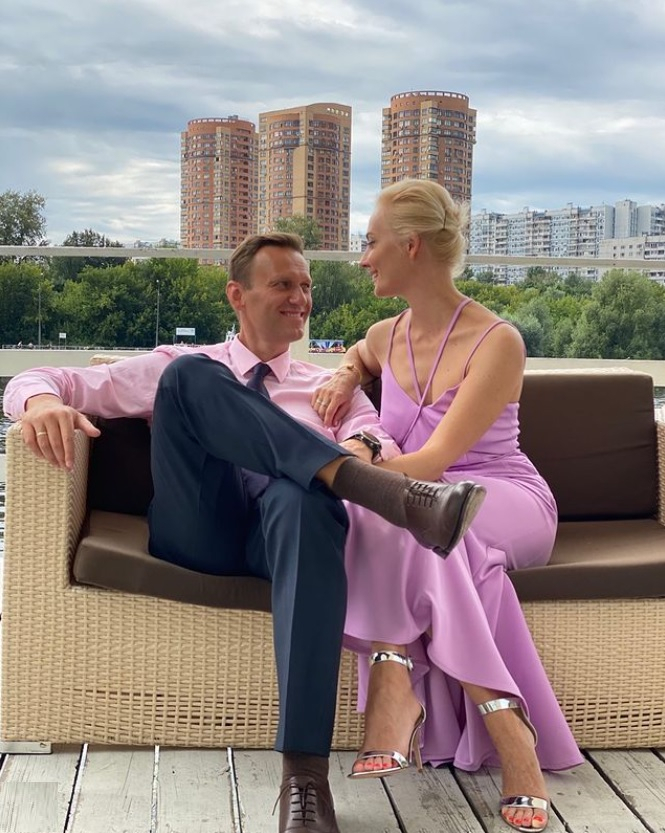Alexei Navalny's body reportedly shows signs of bruising caused by being held down during a seizure, sparking concerns that he may have been killed under the orders of Vladimir Putin. On Friday Russia's prison service said that the 47-year-old Putin critic died after a walk at the 'Polar Wolf' penal colony in Kharp, located around 1,200 miles northeast of Moscow.
Independent outlet Novaya Gazeta Europe interviewed a paramedic from the Salekhard ambulance service, also located near the IK-3 penal colony where Navalny was being held. Paramedics found bruises on Navalny's body, which is currently under police guard in a morgue at Salekhard district clinical hospital, the independent news outlet reported.
Body Found but Murder Suspected

"Usually the bodies of people who die in prison are taken straight to the Bureau of Forensic Medicine on Glazkova Street, but in this case it was taken to the clinical hospital for some reason," the unnamed paramedic reportedly told the outlet.
"As an experienced paramedic, I can say that the injuries described by those who saw them appeared to be from convulsions.

"If a person is convulsing and others try to hold him down but the convulsions are very strong, then bruising appears. They also said he had a bruise on his chest — the kind that comes from indirect cardiac massage.
"So they did try to resuscitate him, and he probably died of cardiac arrest," the paramedic continued.
"But nobody is saying anything about why he had a cardiac arrest," the paramedic added.
An autopsy has not been carried out yet, as indicated by the outlet.

Earlier, Navalny's mother was given inaccurate information, after she was informed that the politician's body was at the main morgue in Salekhard.
The family has now been informed that the cause of death has not been determined, and his body cannot be released to relatives for burial at this time.
Details surrounding Navalny's death are few and inconsistent. The latest report suggests he died of 'sudden death syndrome,' but no supporting details were provided.
The timeline of announcements is also contradictory, with Russia's prison service announcing his death two minutes after the reported time of death.

Four minutes later, a Kremlin-controlled Telegram channel claimed he had died of a blood clot, while Dmitry Peskov, the Kremlin spokesman, addressed the media seven minutes after the announcement.
Additionally, there are allegations that Kremlin officials informed Navalny's mother that he died from 'sudden death syndrome' during her visit to the penal colony. Navalny's allies claim that they were denied the opportunity to see the body until the investigation is complete.
Blurry Picture
Navalny's lawyer, who arrived in the town of Salekhard with Navalny's mother on Saturday, claims to have been told by the prison that the body is being held in the morgue. However, a contact at the Salekhard morgue later denied that the body was there, adding more uncertainty to the circumstances surrounding the sudden death of one of Putin's most prominent critics.

"It's obvious that the killers want to cover their tracks and are therefore not handing over Alexei's body, hiding it even from his mother," his team said in a post on Telegram.
Recent reports suggest that a few days before Navalny's death, officers from the FSB (Federal Security Service) visited the prison where he was held.
According to the Russian human rights campaign group gulagu.net, two intelligence officers supposedly disconnected some CCTV and recording devices at Polar Wolf.
While the site is not widely recognized for its reliability, it was the first group to report the news of Yevgeny Prigozhin's Wagner Group recruiting mercenaries from Russian prisons.
Navalny's suspicious death has been condemned across the world, prompting calls from various countries for an independent investigation into the circumstances of his death.
On Saturday, U.S. President Joe Biden said there was "no doubt" that Putin was responsible for Navalny's death. Biden said that the U.S. is exploring several options to take action against Russia in response.








